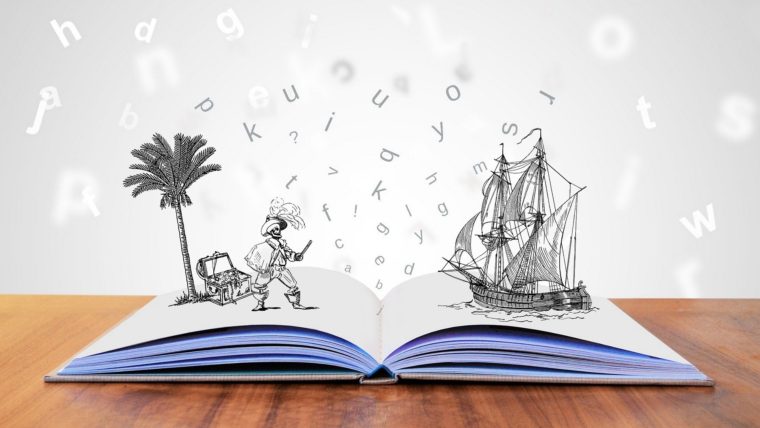The one constant about dyslexia is its inconsistency. Each child’s encounter is unique. Even when two children have difficulty in the same area, reading for example, their struggle has different nuances.

Listen to dyslexic 2nd-grader, Maya, talk about her reading challenges.
Now, Jade gives a heartbreaking account of her 8th-grade dyslexic reading experience. Look through her eyes here.
Yesterday, you walked through one day at school with Henry.
Today, it’s your turn to experience what a dyslexic child sees when she reads. Here’s a fun way to understand and appreciate why learning and thinking differences can be so frustrating.
Go ahead and try a dyslexia reading simulation. Click the link below.
How did you feel while trying to complete the reading task in the allotted time?

That was a very powerful experience! It definitely helps to see what they go through.
Nothing breeds understanding better than experience.
Hi Florence, I enjoyed the links you added to your post. The reading challenges are a great example of how much more work it can be for someone who processes words and symbols differently. I suppose confusion with sounds can complicate this even more.
Confusion with sound does complicate reading matters for the dyslexic child. Can you now understand why these children are usually totally exhausted at the end of every school day?
This doesn’t really work for us- we don’t have that syndrome. And, our brains have been trained to recognize words that have been ‘discombobulated’. Now, if we could train these folks to do so, their problems would be attenuated.
Some non-dyslexics do have trouble with the simulation, Roy. 😁
Thankfully, there are ways to change the reading disability aspect of dyslexia to a different ability, as illustrated by the ending of the children’s stories.
The stories were interesting and the kids were both very self aware. They know exactly what their issues were, and it was great to see that. It will help them to become better advocates for their own needs, which is always a good thing. That reading challenge was too difficult and confusing for me, lol.
Yes, Alice, when I speak to dyslexic children, I find them to be quite intuitive and aware of their feelings. They are also great conversationalists. Sorry,😔 the simulation got you confused.